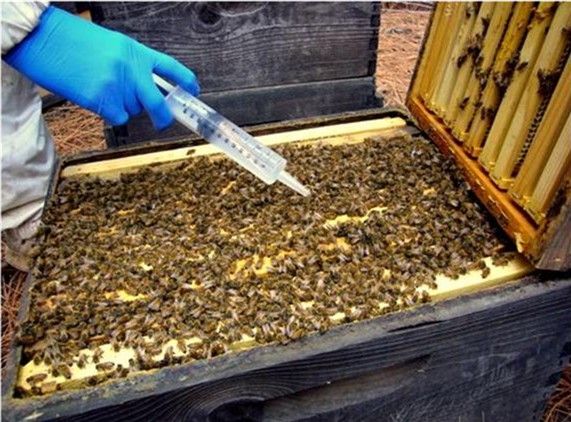The Drone Ranger
House Bee
- Joined
- Jun 26, 2011
- Messages
- 215
- Reaction score
- 0
- Location
- Scotland
- Hive Type
- Smith
- Number of Hives
- 25
I didn't look in for brood TryingToLeThemBee there might have been some as Jenkinsbrynmair says
It's a bit colder up here so winter starts earlier most years.
Sorry Tom Bick I didn't keep records of the drops during the Apistan
Toby3652 yes I am not trying to make any point here other than if you only have a couple of hives you might have none left in Spring. If you have 40 you can experiment and should still have bees at the end.
If you check out the drops some hives would have looked like there were no varroa there but they went on to drop similar amounts as others with higher starting drops.
There is plenty time this year to do some checks and graphs of your own results for anyone reading
Give us beekeepers something to do in Winter
It's a bit colder up here so winter starts earlier most years.
Sorry Tom Bick I didn't keep records of the drops during the Apistan
Toby3652 yes I am not trying to make any point here other than if you only have a couple of hives you might have none left in Spring. If you have 40 you can experiment and should still have bees at the end.
If you check out the drops some hives would have looked like there were no varroa there but they went on to drop similar amounts as others with higher starting drops.
There is plenty time this year to do some checks and graphs of your own results for anyone reading
Give us beekeepers something to do in Winter




 I describe myself as a bit of a tree hugger but one thing the varroa does to a colony once it has a grip on it is to weaken it and as a result make it vulnerable to other factors that will kill it off.
I describe myself as a bit of a tree hugger but one thing the varroa does to a colony once it has a grip on it is to weaken it and as a result make it vulnerable to other factors that will kill it off.

